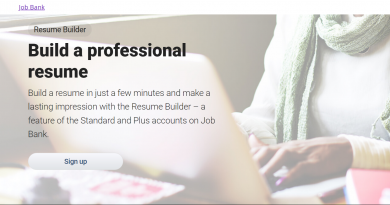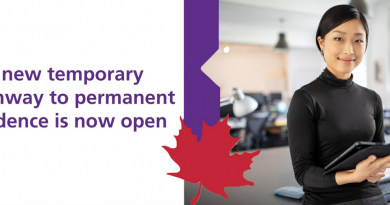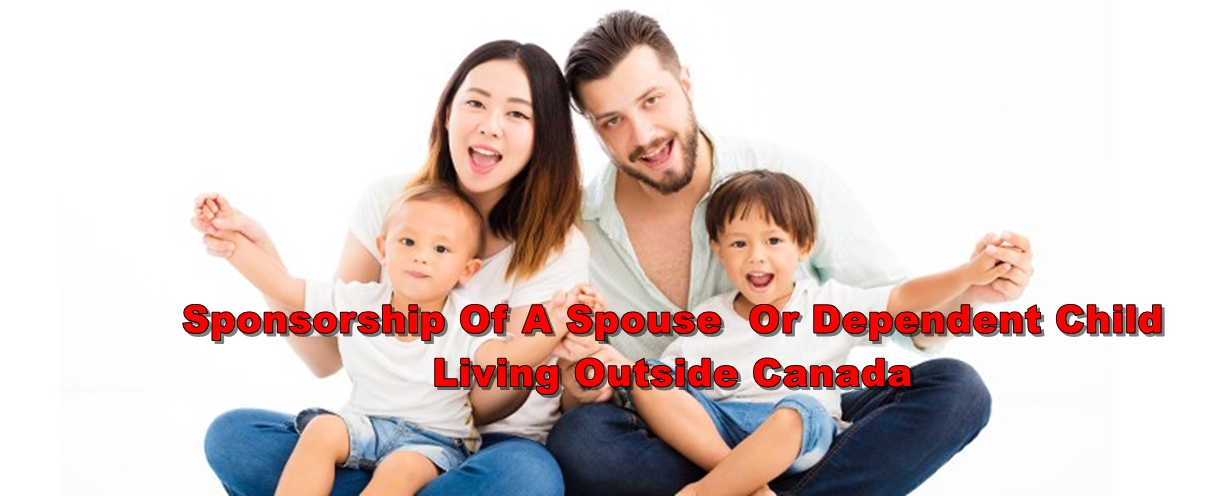Program Requirements: In-Home Caregiver – Temporary Foreign Worker Program (TFWP)
Processing fee
Employers must pay $1,000 for each position requested to cover the cost of processing a Labour Market Impact Assessment (LMIA) application.
Notice:
Effective December 8, 2017, families or individuals seeking to hire a foreign caregiver to provide home care for individuals requiring assistance with medical needs are exempt from paying the Labour Market Impact Assessment application processing fee. Families or individuals with a gross annual income of $150,000 or less, seeking to hire a foreign caregiver to provide childcare in their home to a child under 13 years of age, also qualify for the processing fee exemption.
The processing fee payment (in Canadian dollars) can be made by: Visa, MasterCard, American Express
There will be no refund in the event of a negative LMIA, or if the application is withdrawn or cancelled by the employer since the fee covers the assessment process and not the outcome. In addition, if a live-in requirement is found during the assessment of the LMIA application, there will be no refund.
Refunds will only be available if a fee was collected in error (for example, an incorrect fee amount was processed).
Employers must be aware that Employment and Social Development Canada (ESDC), has a policy that prohibits employers and third-party representatives from recovering the LMIA processing fee from temporary foreign workers (TFW).
Language Restriction
A distinct language assessment factor has been introduced as subsection 203 (1.01) of the Immigration and Refugee Protection Regulations (IRPR). As a result, English and French are the only languages that can be identified as a job requirement both in LMIA applications and in job advertisements by employers, unless they can demonstrate that another language is essential for the job.
Language proficiency
Employers must ensure that the caregiver being hired speaks, reads and understands at least one of Canada’s official languages (English or French). Caregivers must have a level of fluency that enables them to communicate effectively and independently in an unsupervised setting.
Education, training or experience
Employers are responsible for ensuring that the TFWs being hired have all the training, qualifications and experience required to successfully and safely perform the job duties of the position for which they are hired. TFWs being hired for:
- lower-skilled occupations may require a certain amount of experience, short work demonstrations, on-the-job training, or no formal educational requirements; and
- higher-skilled occupations may require a post-secondary education (for example, university degree, college diploma).
Regulated occupations
Employers hiring a TFW in regulated occupations in Canada must ensure that arrangements are made with the appropriate regulatory body for the certification, registration or licensing of the TFW. A “regulated” occupation is one where a professional or regulatory body has the authority to set entry requirements and standards of practice that lead to a certification, registration or licence (for example, doctors, nurses, with compulsory certification).
Immigration, Refugees and Citizenship Canada (IRCC) will consider whether the TFW has the necessary qualifications to perform the work in Canada before issuing a work permit.
IRCC has established 2 pathways to permanent residency for caregivers, which are:
- Caring for children
- Caring for people with high medical needs
Each pathway has its own language and education requirements.
Multiple employers
Private household employers can partner with another employer (maximum of 2 official employers), to share the responsibilities of hiring an in-home caregiver. For example, 2 adult children may act as employers of a caregiver for an incapacitated parent. In situations that involve multiple employers, only 1 application is required; however both employers must meet all of the program requirements and sign all documents (for example, Labour Market Impact Assessment (LMIA) application, employment contract, bedroom description form (mandatory in the case of a live-in caregiver).
Canada Revenue Agency business number
Individuals hiring a foreign caregiver are considered employers and must obtain a business number (BN) from the Canada Revenue Agency (CRA) to:
- meet the initial registration requirements for advertising on the national Job Bank website or its provincial/territorial counterpart
- apply for a TFW
- pay the worker’s wage (including vacation pay)
- make deductions from the worker’s wage as prescribed by the law and the TFWP
- issue pay stubs, statements, remuneration paid (T4) or Records of Employment (ROE)
To obtain a business number
A BN is a 9-digit business identifier that CRA assigns to an employer located in Canada for tax purposes.
Employers can register for a BN by:
- Internet: Use the CRA business registration on-line service
- Phone: Call the CRA business enquires line at 1-800-959-5525 (toll-free). Before calling, be ready to answer all the questions in the request for a BN Form (RC1).
- Mail or fax: Complete the request for a BN Form (RC1) and mail or fax it to the nearest tax services office.
Employers should know that:
- Sole proprietors may use an existing BN to hire a foreign caregiver. However, they must employ the caregiver under a domestic account separate from their other business activities.
- Other employers cannot use an existing company BN, should they have one, to hire a foreign caregiver. They must obtain a separate BN for the specific purpose of hiring a caregiver.
- In instances of multiple employers applying to hire a foreign caregiver, only 1 BN is required.





